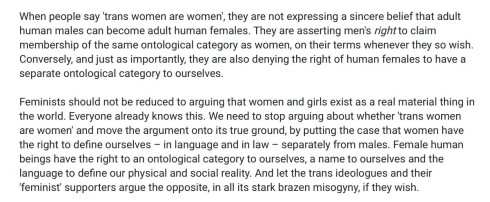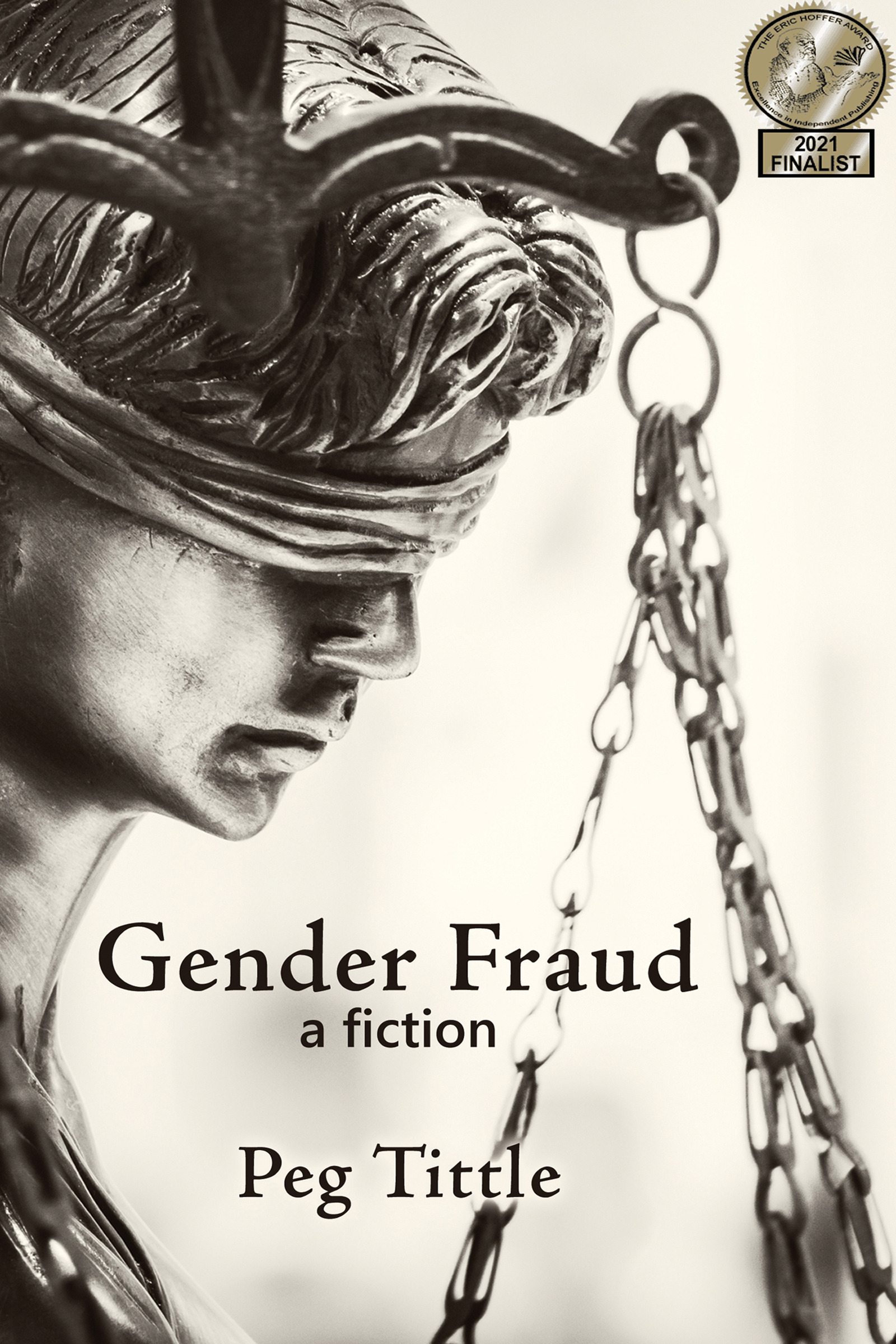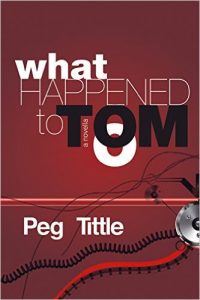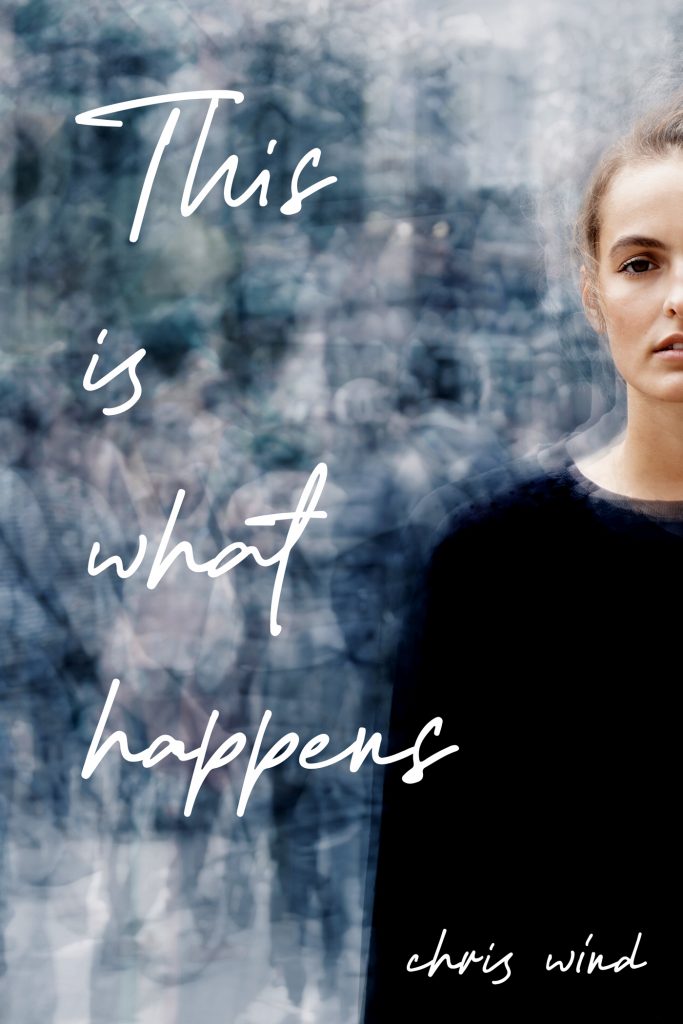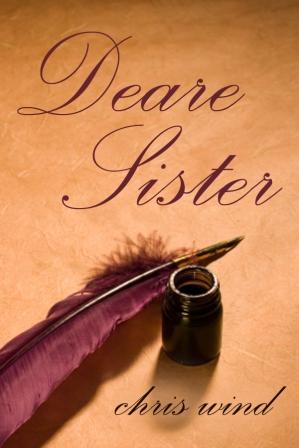Sometimes I feel like I haven’t grown up at all. I didn’t get married; I didn’t have kids; I didn’t fall into any kind of career path. Basically, I’m still doing what I did in my twenties: reading, writing, thinking, listening to music, and running/walking through the forest. In short, my passions haven’t changed.
But then I listened to the ‘best of’ CDs that I made a few years ago from the hundreds of 45s and LPs I’ve purchased over the years.
And discovered how much I have matured. Or at least changed. It’s impossible to listen to any of the songs I once loved, often with an obsessive addiction (I still make great use of the ‘repeat’ mode on my CD players) (great invention, that!), in quite the same way as I once did.
Was I ever that innocent? That naïve, that young? That stupid? To believe all those songs, to believe that all those guys were just … good guys?
Gallery’s “It’s so nice to be with you”, James Taylor’s “You’ve got a friend”, Simon and Garfunkel’s “Bridge over Troubled Water”, England Dan and John Ford Coley, Seals and Croft, Chicago, Bread, The Commodores …
Or were men really better people then?
If so, what the hell happened? Where did all the good guys go? How is it we’re on the brink of extinction, what with our dependence on oil and meat, our irresponsible treatment of our water and forests … How is it that the internet has enabled the pornification of sex, the ‘entitled male’ … All those good men are now in their 60s. So they would have been the CEOs and board members that have led us down this awful path …
Consider …
“Knock three times on the ceiling if you want me, Twice on the pipe if the answer is no.”
See? See how easy it is to ensure consent? Do you see how the guy doesn’t just assume he’s entitled to sex? And I’ll bet you’re thinking that if she knocks twice on the pipe, he’s not going to go kill her just because she doesn’t want him.
And “Tie a yellow ribbon ’round the old oak tree, it’s been three long years, do you still want me …”
And “If you want my body and you think I’m sexy, come on sugar let me know!”
See? The guys don’t assume. They wait for her to show some interest, some willingness …
Though …
It’s a good thing I didn’t process the end of “1, 2, 3, Red Light”—”1, 2, 3, red light won’t stop me“. (All I heard was “1, 2, 3, red light” over and over; it’s pretty much every second line in the song). But the song is saying that if a young woman says ‘no’ to sexual intercourse (what we would have called ‘going all the way’), he’ll rape her. He says so.
“If her daddy’s rich, take her out for a meal, if her daddy’s poor, just do what you feel … “
So, what, rich women have to wined and dined first, but poor women are okay to rape?
“We’re not bad people … but we do as we please.”
Um, yeah, if you do as you please, without regard for other people, you are bad people. Sing along with me, dee-dee dee-dee dee.
And …
“Don’t ya love her madly, wanna be her daddy.”
Don’t ya wanna be in a position of authority over her, maybe engage in a little incest?
“Go away, little girl …”
Little girl? Yes, let’s double the diminutives, make sure she knows her place.
“I’m not supposed to be alone with you.”
Then you go away! Don’t foist the responsibility on her! (Especially if she really is a little girl.)
“You’re sixteen, you’re beautiful, and you’re mine.”
Given that the man singing it isn’t also sixteen, or even seventeen or eighteen…
“You’re my baby” emphasizes the point.
(Baby, baby, baby—why do so many love songs call the loved one baby? Though it’s not just men calling women ‘baby’ … Perhaps it’s because love involves looking after, and we associate looking after with looking after babies? Pity. Pity that love has to infantalize the loved one.)
“You’re my pet.”
Seriously? Seriously.
Though …
“Young girl, get out of my mind, my love for you is way out of line, better run, girl, you’re much too young, girl …”
At least he recognizes that his love for her is out of line. (Though again, he tells her to leave. Puts the responsibility on her.)
And oh my god, this: “Brown sugar how come you taste so good, now? … just like a young girl should, now … just like a black girl should.”
Racist sexist pedophilist. And we made him a rock star.
And this: “She stood there laughing, I felt the knife in my hand and she laughed no more.”
Atwood. Men are afraid women will laugh at them; women are afraid men will kill them.
And …
“Brandy, you’re a fine girl … When he told his sailor stories, She could feel the ocean fall and rise, She saw its ragin’ glory …”
So why doesn’t she become a sailor? Sounds like she’s in love with the ocean at least as much as with the sailor who left. Sounds like she’d rather be out there than in some bar serving whiskey and wine all night. (Unless she’d be raped by the crew every day …)
“We’ll see the world through my Harley.”
Why can’t she get her own Harley?
“Having my baby.”
My baby? MY baby??
“What a lovely way of saying how much you love me.”
What? What? The woman’s an idiot if that’s why she’s pregnant, if that’s why she’s going to go through labour, if that’s why she’s going to give up her life for twenty years to look after another human being. (And if her face is glowing, that’s just the oxytocin.)
And yet, and yet …
So many songs from the 60s and 70s are sexy in a warm or sensual way: “Make It With You”, “The Air that I Breathe”, Barry White … (Remember The Joy of Sex? So far from today’s porn.)
So many celebrate friendship, not sex: “I’ll be There”, “United we Stand”, “You’ve Got a Friend”, “You are the Sunshine of my Life” …
So many are just joyful: “Saturday in the Park”, “Dancin’ in the Moonlight”, “Me and You and a Dog named Boo” …
Many are impressively honest: “Neither One of Us”, “Don’t Expect Me to Be Your Friend”, “Rock me gently … I have never been loved like this before …” (by a woman on top? or is he a virgin? either way …), “Everybody plays the fool some time…” “Billy, don’t be a hero …” “All by myself” …
Many are introspective, thoughtful, insightful: “I learned the truth at seventeen, that love was meant for beauty queens …”, “Taxi”, “Father and Son” …
And many are simply outstanding: “War”, “I will survive” …
Jeannie C. Riley’s “Harper Valley, P. T. A.” showed us that a woman, a mom, can be a bad-ass.
Steppenwolf’s “Born to be Wild” surely influenced by decision to get a bike and head out on the highway …
Elvis Presley’s “In the Ghetto”—sure, okay, he probably never gave a cent to that kid in the ghetto, but still, that such a song was out there …
Joe Cocker’s “With a little help from my friends”, Donovan, Cat Stevens, Harry Chapin, The Moody Blues, The Eagles …
The Beatles—”You say you want a revolution, well, you know we all want to change the world … But when you talk about destruction, don’t you know that you can count me out”…
How did we get from there to … here?
What happened?


